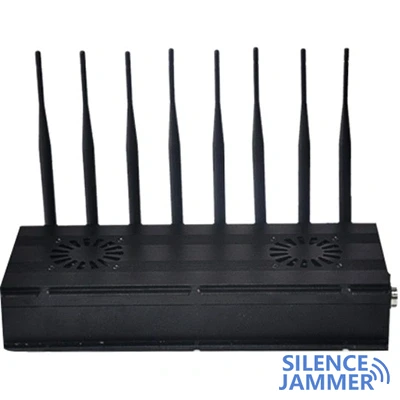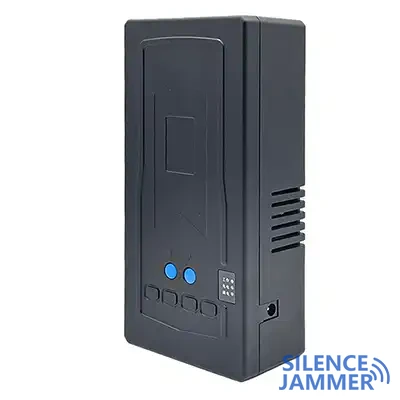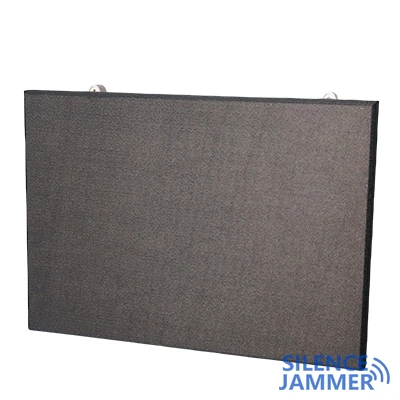Application of signal jammer devices in prisons
At the National Conference of Correctional Officers, Rod Rosenstein announced that federal facilities will begin introducing signal jammers to prevent prisoners from repeating crimes through illegal mobile phones. The news ignited concerns about prison security, aiming to further ensure order and safety in prisons through technological means.
Market restrictions on signal jammer devices
Although signal jammer devices can be easily purchased in the market, including on e-commerce platforms, the federal government has clearly stipulated that no private sector organization or individual may procure or use such devices in India. The Cabinet Secretariat has issued a "Mobile Signal Jammer Policy" that states/Union Territories, defense forces and police forces can procure and use jammers, but must comply with relevant regulations.
Contradictions between legal provisions and practical applications
Under the Indian Telegraph Act, government permission is required before jamming mobile phones or networks. However, many businesses, individuals, libraries and entertainment centers are using these devices, which are sold under various names in stores and websites. Even in the United States, under FCC rules, jamming devices cannot be legally used by consumers or sold by retailers. But theaters, restaurants, schools, and universities often use these devices to block communications.

Legal Use in Specific Fields
Statutory testing agencies of central or state governments can use "low-power jamming devices" to block communications, mainly to prevent unfair practices during exams. However, these testing agencies must rent or lease such devices from authorized public sector units rather than owning them outright.
The specially designed controlled access system can not only help prevent criminal activities, but also maintain order and discipline within the prison. This is a modern tool for managers to effectively deal with the complex and prevalent security challenges in the prison environment.

Signal Jamming in Military Applications
In the military, Army intelligence officers and Navy electricians have been tracking and matching frequencies to cope with the changing electronic warfare environment. The National Security Agency, Navy electronic warfare experts in Maryland, and Army experts in New Jersey analyze the updated MOASS and recommend adjustments to the jammer settings. The modified "load devices" are emailed to U.S. troops across Iraq so that they can reprogram the jammers to cope with the newly emerging frequencies.





